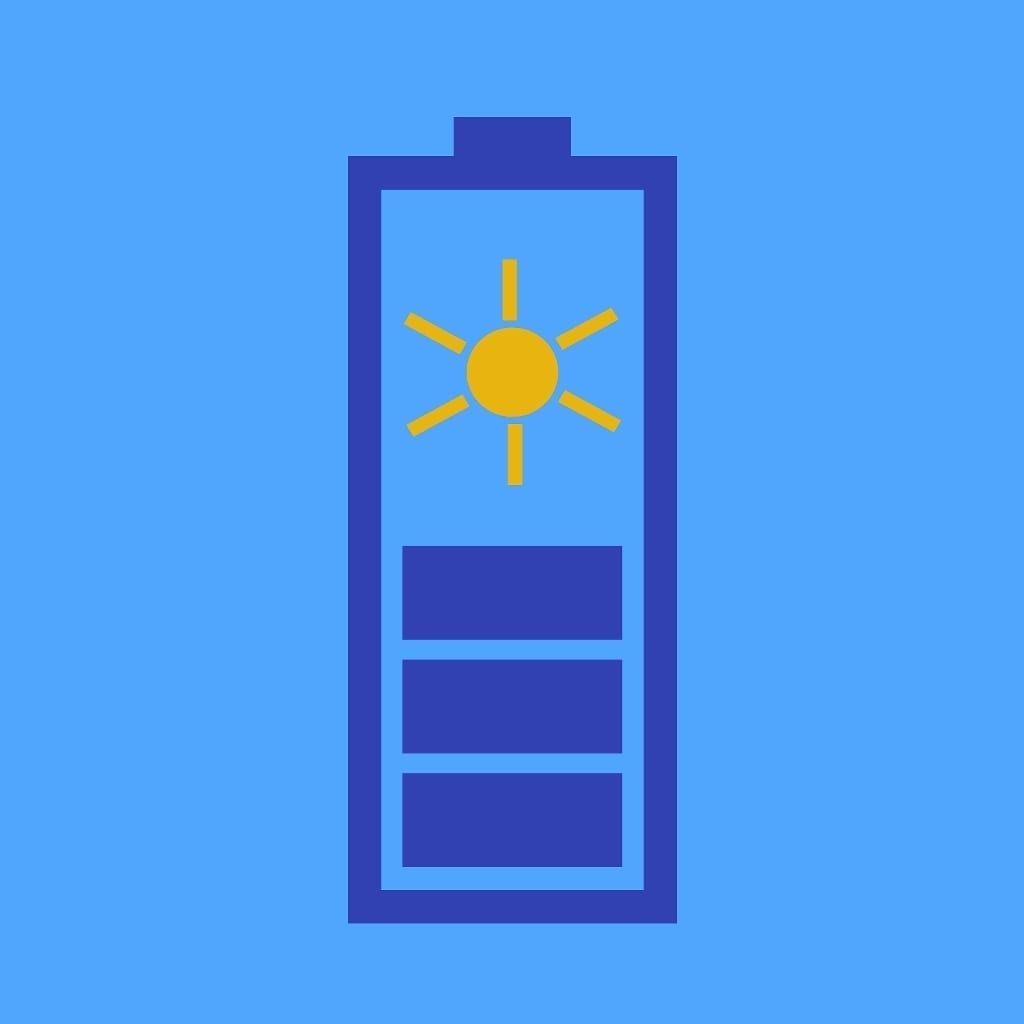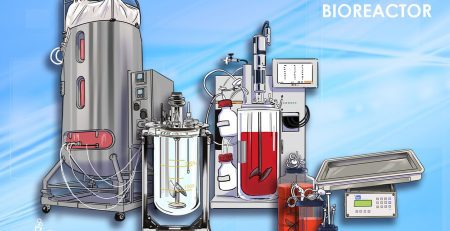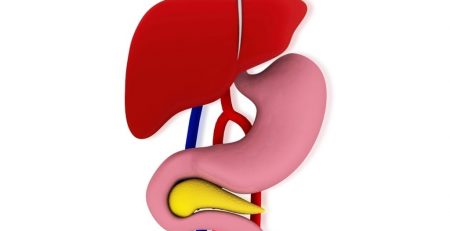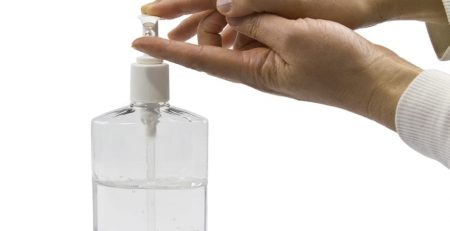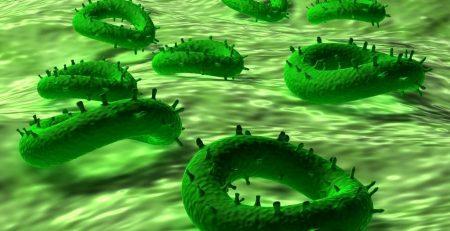Harvard Engineers Develop Battery That Can Last for 10 Years
A team of scientists at Harvard’s John A. Paulson School of Engineering and Applied Sciences have developed a new flow battery they say could last for more than a decade with minimum upkeep according to IFLScience.com and a statement issued by Harvard. It stores energy in organic molecules dissolved in neutral pH water. This “allows for a non-toxic, non-corrosive battery with an exceptionally long lifetime and offers the potential to significantly decrease the costs of production.”
This could help solve the issue of renewable energy storage. Currently, as energy is created by renewable sources like wind farms, it’s typically sent straight to the electrical grid for consumption. However, it also needs to be stored if it’s not going to be used immediately. While we’ve previously relied on lithium-ion batteries, they can’t withstand the the high number of charging and discharging cycles. These modified flow batteries, on the other hand, lost just 1 percent of its capacity per 1,000 cycles of charging and discharging.
“Because we were able to dissolve the electrolytes in neutral water, this is a long-lasting battery that you could put in your basement,” said Roy Gordon, the Thomas Dudley Cabot Professor of Chemistry and Professor of Materials Science. “If it spilled on the floor, it wouldn’t eat the concrete and since the medium is noncorrosive, you can use cheaper materials to build the components of the batteries, like the tanks and pumps.”
Co-lead researcher Michael Aziz told IFLScience.com that the team “would be tweaking the molecules further in the future to increase voltage, and figure out how to inexpensively mass produce [the chemicals necessary for these batteries to function].”




